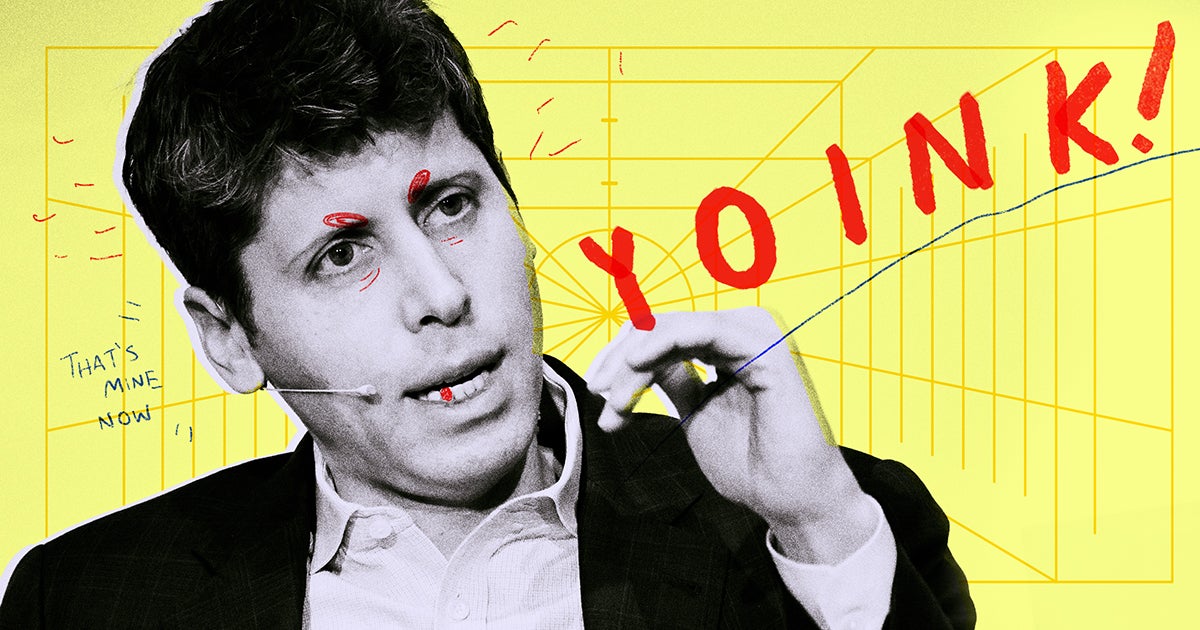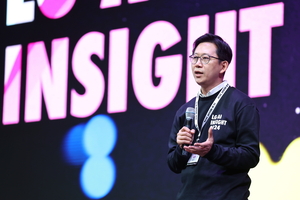OpenAI Declares Its Future Is at Stake Without Access to Your Copyrighted Material

OpenAI’s Concerns Over AI Competition and Copyright Issues
Introduction to OpenAI’s Position
OpenAI, a leading artificial intelligence company, is raising alarms about the future of AI development in the United States. The company argues that the U.S. could fall behind nations like China in the AI race unless there are changes to the way copyright laws are understood, especially regarding "fair use."
The Call for Federal Regulations
According to Ars Technica, OpenAI’s CEO, Sam Altman, is urging President Donald Trump and the government to establish federal guidelines that clarify the "fair use" doctrine. This legal principle is essential because it allows the use of copyrighted materials without permission under specific conditions, such as for commentary or educational purposes. OpenAI’s push for clearer regulations comes amidst ongoing legal challenges from various publishers including The New York Times, who are concerned about how their content is being used to train AI models like ChatGPT.
Fair Use and AI: A Complex Relationship
The concept of "fair use" is crucial for the development of new technologies. OpenAI argues that if developers in China have unrestricted access to data for AI training, while American companies face limitations, U.S. competitiveness will significantly decline. In their proposal sent to the White House’s Office of Science and Technology, OpenAI stated, “If the PRC’s developers have unfettered access to data and American companies are left without fair use access, the race for AI is effectively over.”
Concerns from Publishers
While OpenAI believes using copyrighted materials will spur innovation and improve knowledge dissemination, many publishers disagree. They argue that their intellectual property is being exploited without due compensation, especially if AI outputs result in unoriginal or plagiarized content. The growing concern is that these models may generate text that closely mimics existing copyrighted works without proper attribution or acknowledgment.
National Security and AI Development
OpenAI has also linked the issue of copyright access to national security. They claim that the ability to use copyrighted materials is not only a question of industry stability but also of America’s standing in the international arena. They say that advancements in AI technology by China could pose a serious threat to U.S. leadership in this field. OpenAI wrote, “Applying the fair use doctrine to AI is not only a matter of American competitiveness — it’s a matter of national security.”
The Irony of OpenAI’s Position
In a twist of irony, OpenAI has itself criticized companies in China, like DeepSeek, for allegedly using data without proper authorization. However, OpenAI’s proposal to the government does not address this contradiction, which raises questions about their stance on intellectual property rights.
The Path Forward for AI in America
OpenAI believes that the government needs to strike a balance between encouraging innovation in AI and safeguarding the rights of copyright holders. They are advocating for a scenario where American AI models can use copyrighted material for learning purposes without infringing upon the rights of original creators.
The Uncertain Future of AI Regulations
As of now, it remains uncertain how the Trump administration will respond to OpenAI’s requests. The outcome could significantly impact both AI developers and content creators. If OpenAI is successful in convincing the government to adopt its stance, it could reshape the landscape of AI development and copyright law in the United States.
Additional Considerations
As discussions continue about the role of AI in society, it is important for all stakeholders—developers, publishers, and policymakers—to engage in a balanced dialogue about how to foster innovation while respecting intellectual property rights. The future of AI is at a critical juncture, and the decisions made now will have lasting effects on the industry.






